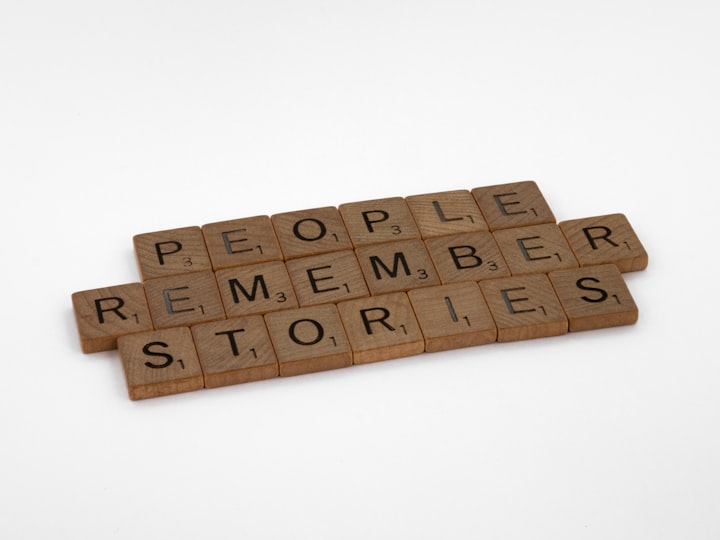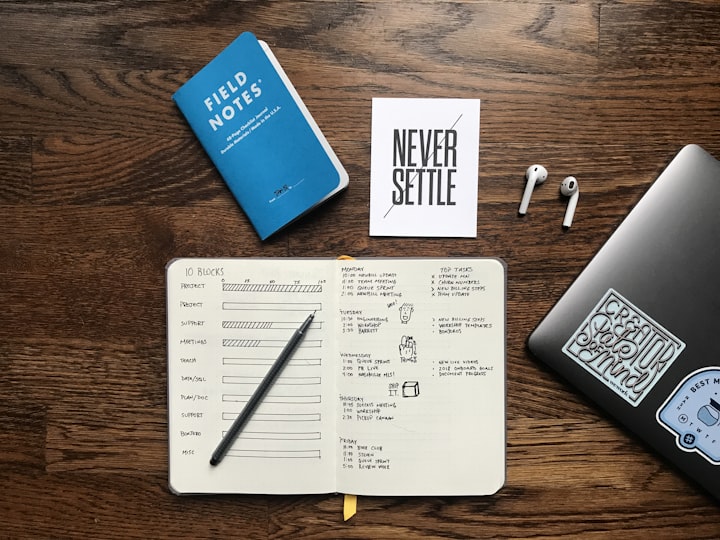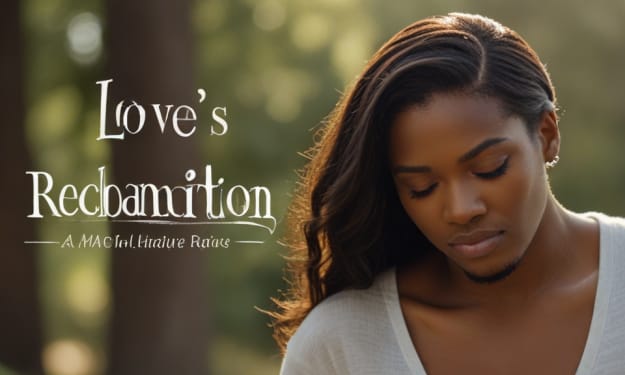Forgetting: An act of loss or gain?
Can forgetfulness be more than just the loss of memory?

The way in which I have been raised has emphasized the importance of memory, both individual and collective. Being born and raised in Colombia, taught me that those who forget their history are condemned to repeat it. Having my amazing grandmother diagnosed with Alzheimer’s over half a decade ago has been a constant reminder of the value of being able to treasure the present for times to come. This being said, remembrance has been put on some sort of pedestal. Holding on to memories or the past has been a central focus of, both, my country, and my family. Hence, forgetting, its opposite, has been imprinted in my brain as an act of loss. Letting go of thoughts or events has never been viewed in a positive light. I have been taught that letting things slip away is a huge mistake.
There is no doubt that this perception of forgetfulness is prevalent, and not exclusive to my upbringing. However, after experiencing the last presidential elections in my country and spending time with my grandmother, my approach to forgetfulness has shifted. There is no need for an extreme reconstruction of the view we may have on memory. A call to understand the complexity that underlies this intricate human experience will suffice.
The Colombian Presidential Election, which took place on the 19th of June, was life-changing for me and many others. Polarization was at its peak, fear flooded voting sites, and hate between parties was tangible. Leaving the outcome aside, this face-off was not just another political encounter. The stakes were as high as they ever have been.
Although it may seem, at first, unrelated, notions of memory and forgetfulness stood behind the curtains, looming. Why are we remembering all the hate and vengeance? Where do we draw the line between holding people accountable and having the inability to let go? When should remembrance prevail over forgetfulness and vice-versa? The answer to these questions is far from clear or straightforward. That’s no surprise given that nothing in politics tends to be simple. Nevertheless, reflecting on these inquiries requires conciliating past and present as well as questioning the light in which every one of us views forgetfulness.
Moving on to individual memory, watching my grandmother slip away progressively during the past few months has sparked many doubts about how I should remember her. Each interaction we have seems to be filled with the loss of memories, understanding, and presence. Yet, despite the tragedy her disease brings to her and those of us who love her deeply, there is something to gain in each conversation, hug, and encounter. In many ways, her case has been enlightening for me and my family as she seems to remember, exclusively, the great things that happened to her, everything that brings and brought her joy. The gratefulness she exudes is contagious. Her optimism is a win she gets to celebrate constantly, all because she forgot what held her back, what dragged her down.
All this story-telling leads to my recent realization. Forgetting cannot be labeled solely as an act of loss or gain. I have gotten to understand that we face head-on a similar situation to the popular cliché, “we lose some and we gain some”. However, it is no surprise that human nature seems to be attracted to a binary understanding of complex concepts. Remembrance and forgetfulness are not exceptions, but they could be. If we dig deeper, ask more questions, and settle less often with basic deconstructions, we could gain valuable knowledge on when to hold tight and let go.
About the Creator
Juliana Rivas Torrente
Thoughts and opinions flood my head. As a Colombian student living in Canada, I want to share the messiness in my brain. Spontaneity will drive the content published here, so expect an unexpected variety of carefully polished rants. Enjoy!






Comments
There are no comments for this story
Be the first to respond and start the conversation.